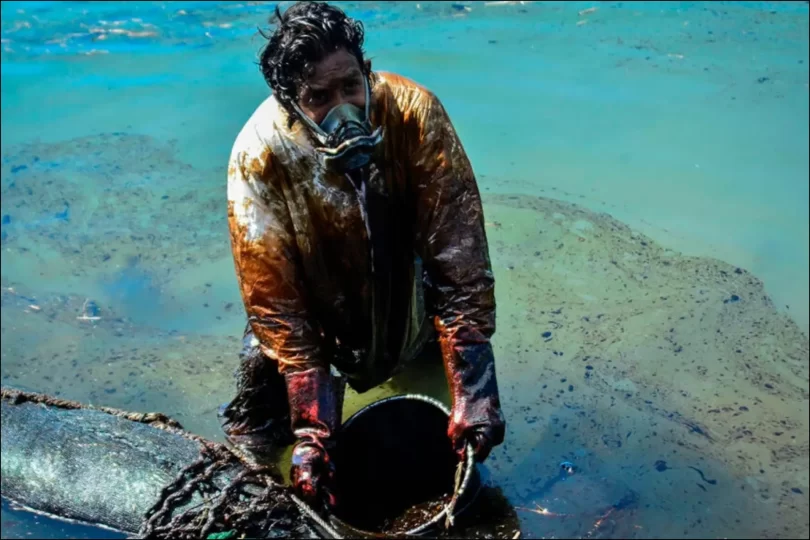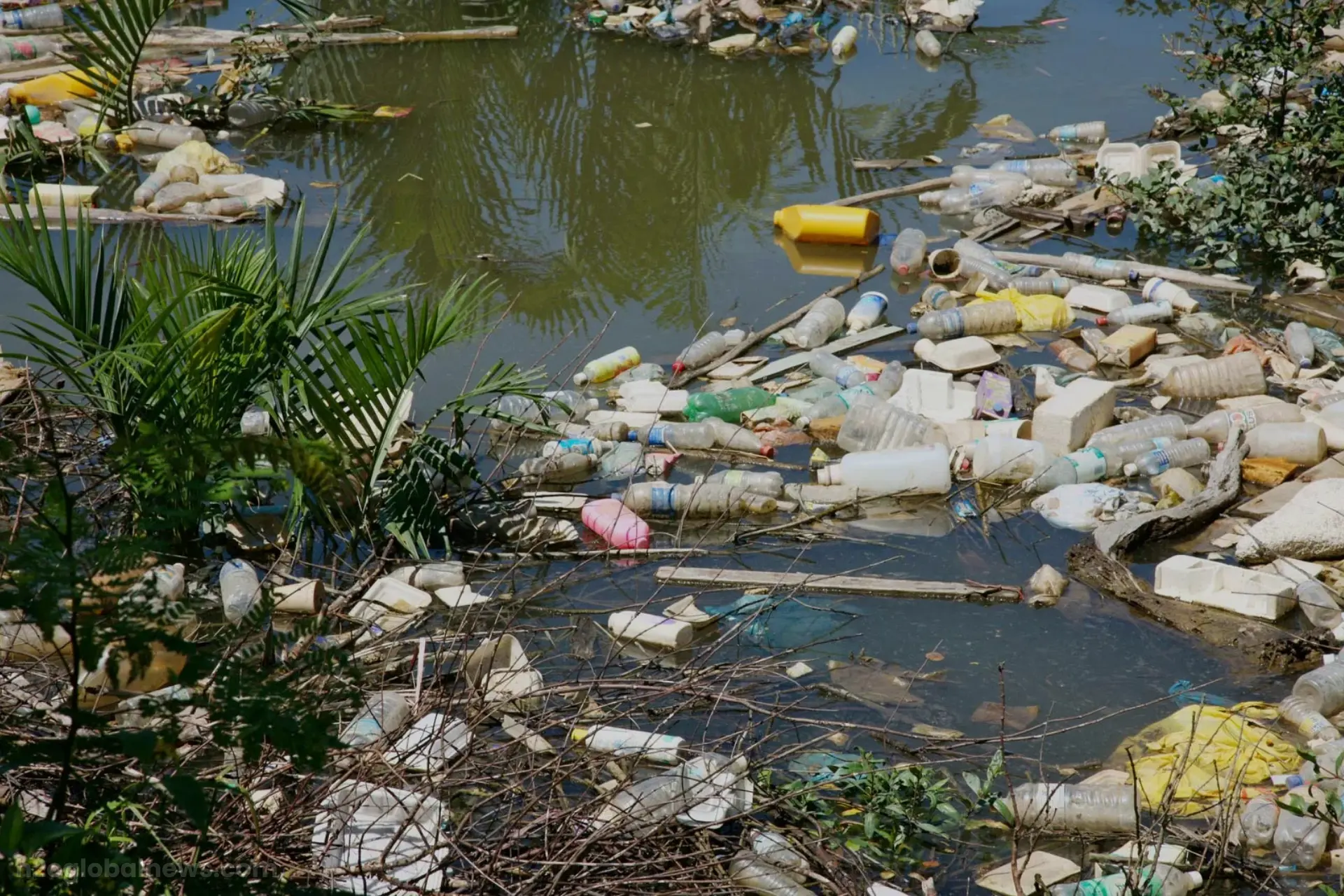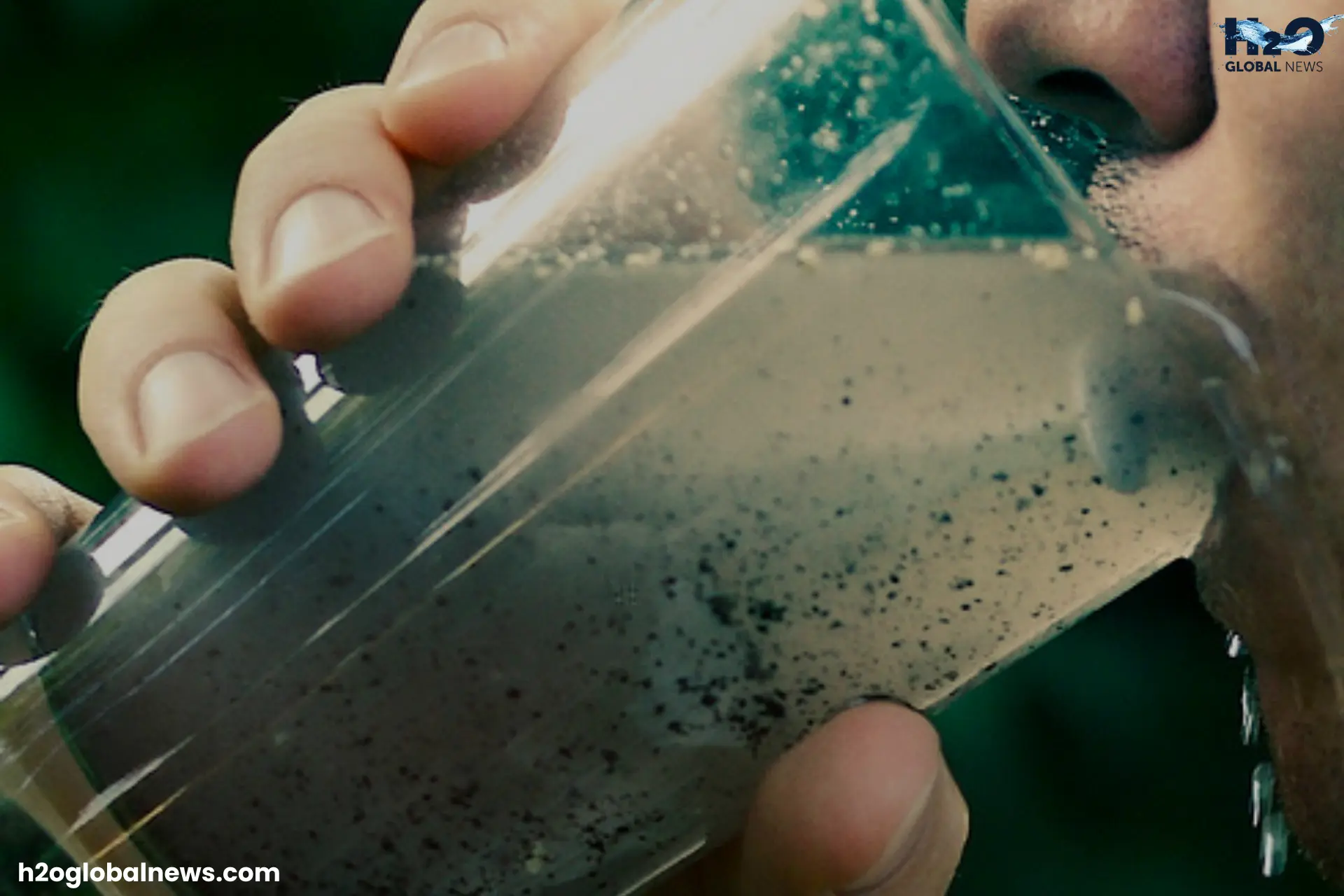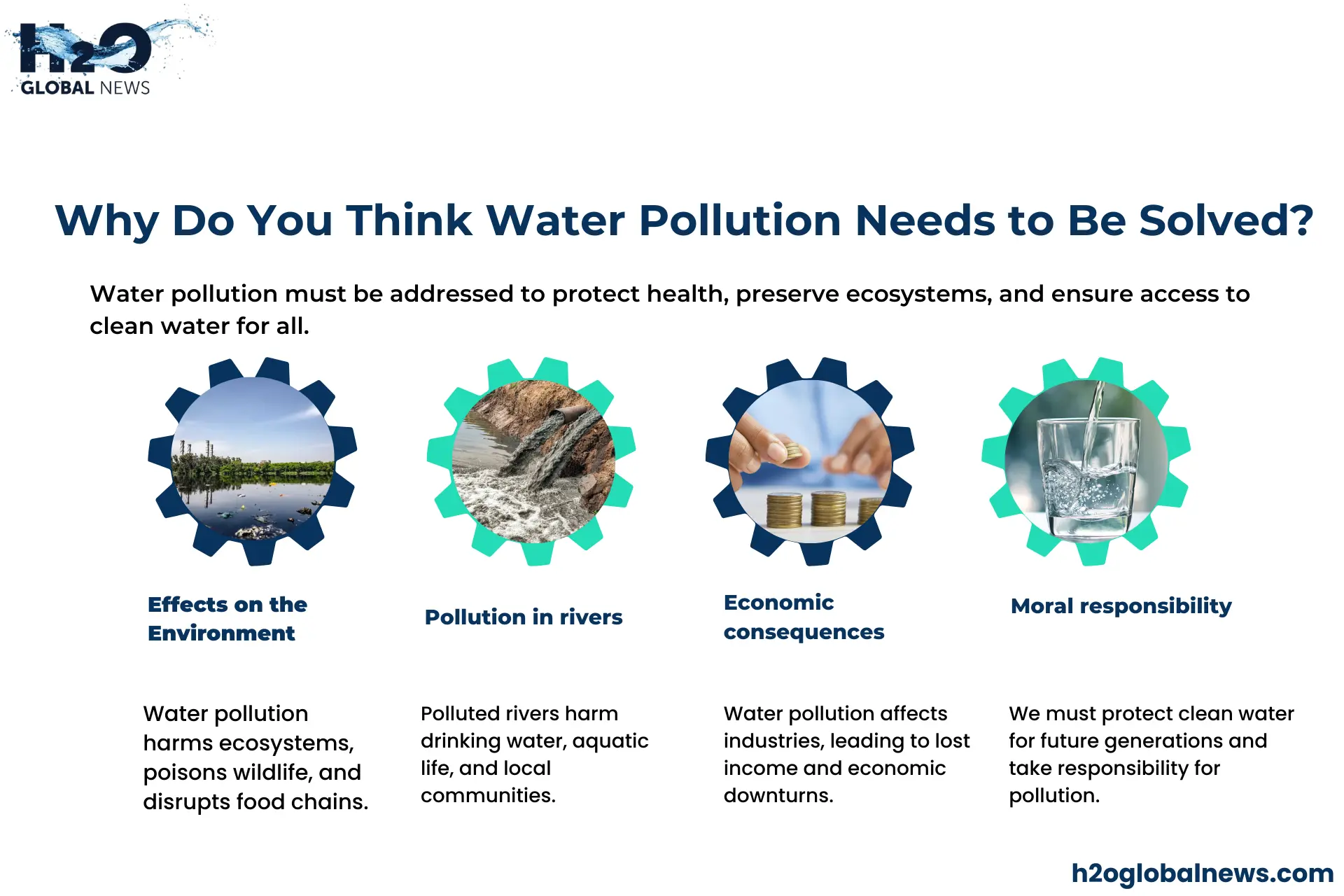Water is important for us to live on this planet. We use it in our everyday lives, such as for drinking and cooking, but what if it gets polluted? Water pollution has become a global challenge and affects both the environment and human health. Many chemicals and harmful substances contaminate the water of the rivers, oceans, and lakes, and millions of people drink it without realizing that it can harm them. The impact of polluted water is very severe, from spreading diseases to exposing us to harmful toxins, it can harm us in different ways. So, in this article, we’ll understand the effects of water pollution on human health, why it is important, and how to solve this issue.
What is Water Pollution?
Water pollution means that the harmful chemicals and bacteria enter into the rivers, lakes, and seas and contaminate them. This contaminated water becomes harmful and is dangerous for human consumption and aquatic life. When water becomes polluted, it is called “contaminated water,” and it is no longer safe to use for living purposes. All these harmful chemicals come from the industrial waste, agricultural waste, and garbage disposal in the water.
How Does Water Pollution Affect Human Health?
The contaminated water is very dangerous and can affect human health directly and indirectly. Here, I have discussed some negative effects of water pollution on human health:
Waterborne Illness
In polluted water, the harmful microorganisms like bacteria and viruses grow quickly and cause different diseases like cholera, typhoid, and diarrhea. Many people experience nausea after drinking water that is contaminated with bacteria, viruses, or parasites. Almost 3.4 million people died (mostly children) due to waterborne diseases in areas where clean water is limited.
Toxic Chemical Exposure
Some industrial wastes release toxic chemicals, like lead and mercury, into the rivers, lakes, and oceans. These harmful substances enter the human body and cause severe health problems like cancer, kidney failure, or nervous disorders. Lead is especially dangerous for children, as it affects brain development, making efforts to remove lead from water even more vital.
Impact on Daily Life
Everyday exposure to polluted water can lead to chronic conditions such as:
- Skin irritations
- Cancer
- Rashes
- Respiratory infections
- Gastrointestinal diseases
- Reproductive problems
- Cardiovascular problems
Why Do You Think Water Pollution Needs to Be Solved?
Water pollution is more than just an environmental issue; it directly affects human survival and quality of life. Here’s why urgent action is needed:
Effects of Water Pollution on Environment
Contaminated water destroys aquatic life and kills fish and other marine species. This can disturb the food chains and cause problems for people who survive on agriculture or fishing. Also, the nutrient pollution triggers algae blooms that create dead zones in water where aquatic species can not survive.
Economic consequences
Water pollution illnesses cause heavy financial burdens on the healthcare systems. Moreover, due to water pollution, fishing and tourism industries also face major losses.
Moral responsibility
Clean water is a basic human right that is recognized by almost every country. It is very unethical to allow millions of people to suffer because of contaminated water. It is important to ensure that everyone has clean water, and if they don’t, we need to find ways to clean it.
How Does Pollution Impacts Water Ecosystem?
The effects of polluted water destroy habitats and reduce natural resources. Contaminants like industrial water, plastics, oil spills, and chemicals reduce the oxygen level in water and make it unable to live for aquatic life. For instance, algae blooms caused by nutrient pollution create “dead zones” where no life can survive.
Ecosystems containing salt water are called marine environments and are also affected by pollutants like oil spills and microplastics. Moreover, in agricultural regions, fertilizers and pesticides enter the rivers and lakes, which makes them toxic for both humans and aquatic species.
How to Solve Water Pollution?
Solving water pollution requires many steps to follow, including:
- Governments should make strict rules on industrial and agricultural waste and prevent harmful substances from entering into the water bodies.
- Educating communities about the dangers of polluted water and the importance of proper waste disposal can help reduce water contamination.
- The use of wastewater treatment plants, advanced filtration systems, and smart monitoring tools can also help a lot to restore water quality.
- Solving this global issue requires cooperation among nations to share resources, technologies, and best solutions for water management.
Conclusion
Water contamination is a serious problem that affects human health and ecosystems around the world. It causes a wide range of illnesses, deaths, and economic problems, that affect millions of people each year. This issue will be solved by the cooperation of government, communities, and technologies equally, and that will help to save the clean water for future generations.
FAQs
1- How does water impact organisms in polluted environments?
Polluted water harms organisms by reducing oxygen levels, introducing toxic substances, and disrupting aquatic life. It can kill aquatic species, harm reproductive cycles, and weaken immune systems in children.
2- How many people die from water pollution annually?
Approximately 1.2 million people die each year from unsafe and polluted water. These deaths are preventable with better sanitation and access to clean water.
3- What is a good affect on humans that water pollution could have, if any?
While water pollution itself has no direct positive effects, the awareness it creates has led to technological advancements, strict regulations, and community efforts to improve the water quality.
4- What are the effects of water pollution on environment?
Polluted water destroys habitats, kills aquatic life, and disrupts food chains. It can also create dead zones in oceans and lakes, where no life can survive due to the depletion of oxygen.
5- Are there any studies on pollution in rivers causing health problems?
Yes, many studies highlight the direct connection between pollution in rivers causing health problems and the rise in diseases such as diarrhea, hepatitis, and other waterborne illnesses.










